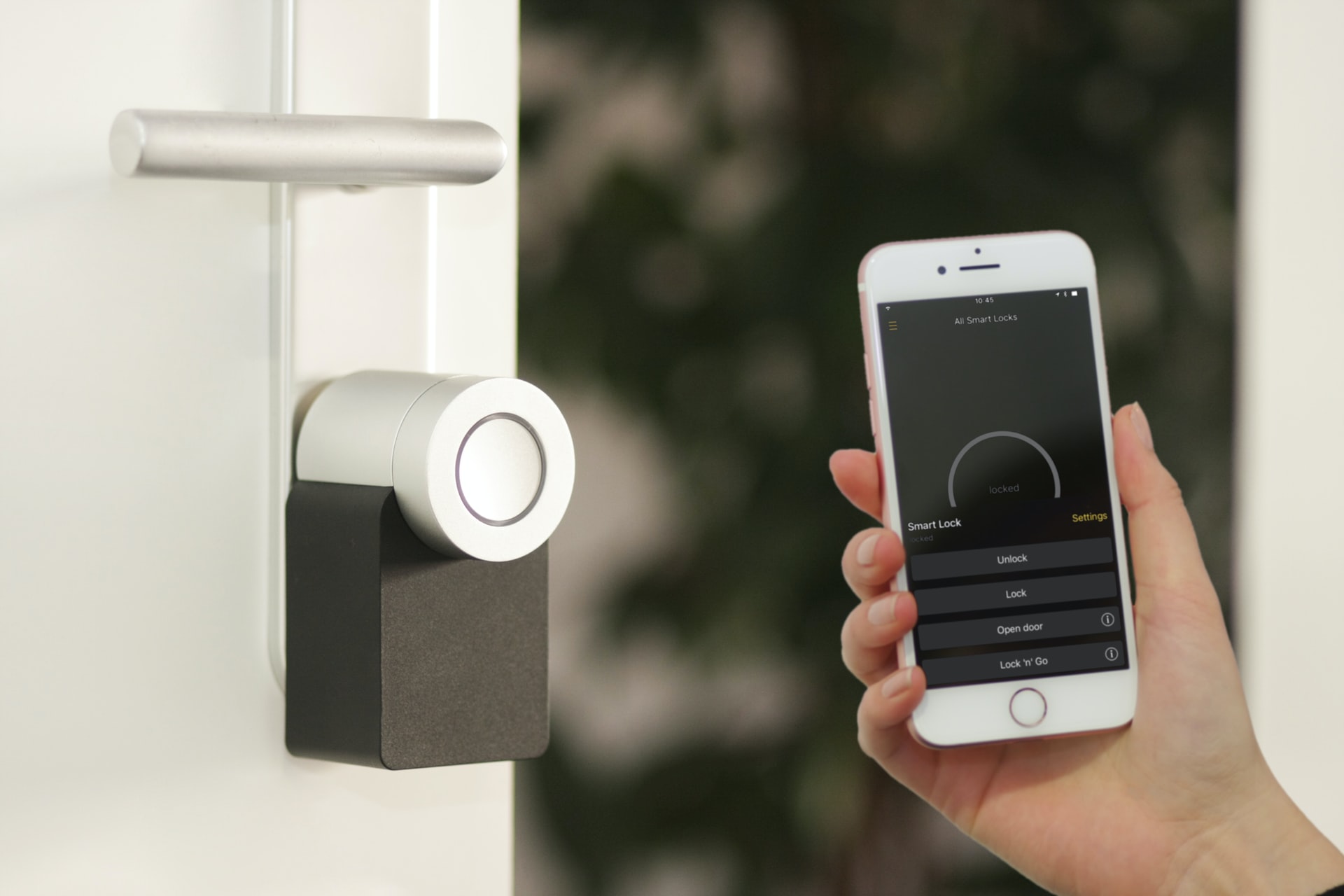



There are few fields of technology today more promising than the Internet of Things. You can find IoT devices everywhere, from your home to your workplace and even on city streets. It doesn’t look like they’re going anywhere, either, so it’s the perfect time to get into IoT engineering.
IoT spending could pass $1.1 trillion by 2022, so it’s safe to say it’s a lucrative industry. It will be fulfilling work, too, considering how significant a role the IoT already plays in modern life. As IoT adoption continues to increase, these advantages will grow right alongside it.
Becoming an IoT engineer is an excellent choice. Where do you start, though? If you want to get into the industry, what skills and education will you need, and what should you keep in mind?
If you hope to be an IoT engineer, you’ll need an appropriate skillset. There’s a lot of variety in the IoT, so depending on the systems you want to work with, the necessary skills will vary. If you look at the industry as a whole, though, you’ll see some consistent in-demand attributes.
If you want to be a top IoT engineering candidate, you should get experience in:
You don’t necessarily need all these skills, but the more you have, the more marketable you’ll be. As trends go one way or another, some will become more desirable than others. For example, demand for machine learning increased by 220% in 2017 alone in the IoT development industry.
Keep an eye on IoT trends to decide what will make skills more or less valuable. The best ones to pursue are those that will be useful in the future, not just right now.
If you don’t already have a college degree, it may be a good idea to get one. On top of looking more impressive on a resume, an education will help give you the skills you need. As with any industry, not all degrees are equal when it comes to IoT engineering.
Degrees in areas like electrical engineering or software development will equip you with some valuable skills and experience. You can go even more specific, though, getting an education in IoT itself. Many top universities offer industrial IoT courses, from Florida International University to the Beijing-Dublin International College.
You can find IoT educations at nearly all levels, from emphases to entire programs to graduate degrees. Look for a program that offers the skills you want in a desirable area. You don’t want to go broke pursuing a career, so keep affordability in mind, too.
If you already have a degree or don’t have the resources, you can pursue another form of education. There are plenty of IoT certifications that you can work toward while maintaining another job. These look great on a resume and are often more affordable than a degree.
In both the skills you seek and the education you get, you should aim for a specific area. As mentioned earlier, the IoT field is full of variety. Narrowing your focus won’t just help you find a career, but will also enable you to pursue what you want. Possible IoT subcategories you could focus on include:
You can’t expect to become an expert in all these areas. In addition, having a more specific focus makes you more marketable. You won’t be doing everything once you find work, so why try to learn it all?
You should probably have basic knowledge in a variety of areas, but you only need to be an expert in a couple. Decide what kind of work you’d like to do and see what jobs are available in that field. After you learn that, you can get a better idea of what areas of focus you should pursue.
On top of cultivating skills and getting an education, you should find an IoT engineering community. Knowing somebody who knows somebody is a sizeable advantage when it comes to getting a job. If you get connected with professionals in the field, it’ll help a lot.
If there are no communities in your area, you can still find a place to network with IoT engineers. The internet is full of websites and forums where you can find these groups. Check online for IoT developer community platforms to get your foot in the door of the industry.
In addition to the networking advantages, you can learn a lot from these communities. Professionals will be your best bet for finding information about what to do when trying to become an IoT engineer. If nothing else, you may find you enjoy talking to these people and make friends.
If you want to become an IoT engineer, there’s never been a better time to start. Since it is a highly technical industry, you should be sure to develop the required skills and experience. Once you get these, you’ll find yourself in a world of opportunity.
The internet of things is a massive industry, and it’s only getting bigger. If you have an interest in the field and want a fulfilling, profitable career, why not consider being an IoT engineer?


This site uses Akismet to reduce spam. Learn how your comment data is processed.